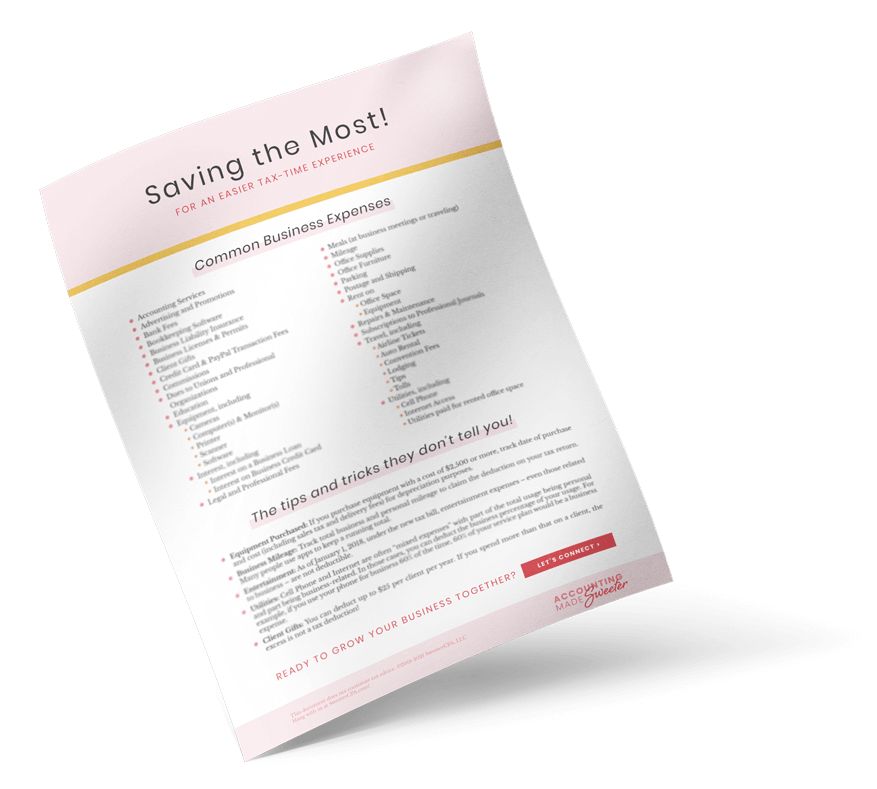Resources
- IRS Publication 535, Chapter 6: Business Expenses, Insurance
- IRS Tax Tip 2013-43
- 2016 Schedule K-1
- 2016 Form W-2
Why YOU Should Care
If you are self-employed and provide medical, dental, or long-term care insurance for yourself, your spouse, and/or your dependents, you may qualify to deduct the cost of the related premiums on your tax return. This deduction is reported on Line 29 of your personal income tax return (Form 1040) and could reduce your income subject to taxation.
Qualifying for the Deduction
As a shareholder and employee of an S-Corporation, you report income from your business on a Form 1120S. This income passes through to all shareholders and is reported on a Schedule K-1. Each shareholder, in turn, reports and pays income tax on his or her personal return.
Shareholders who own more than 2% of the S-Corporation and also perform work for the S-Corporation must be paid wages. These wages are reported on a Form W-2. These greater-than-2% shareholders are also eligible for the self-employed health insurance deduction.
If you itemize deductions on a Schedule A, your medical and dental expenses on Line 1 should be reduced for the amount of self-employed health insurance deduction taken so that these premiums are not double-counted.
Eligible Plans
The deduction for self-employed health insurance covers the following:
- Medical insurance
- Dental insurance
- Long-term care insurance (subject to certain age-related adjustments)
Eligible plans can cover you, your spouse, and your dependents provided you meet the qualifications and no one has access to other coverage through an employer (see below). You can also include coverage for children who were under the age of 27 at the end of the year even if they were not your dependent.
“Established under your Business”
To qualify, the plan must be “established under your business”. For S-Corporation shareholders, the policy can be in your name or in the name of the S-Corporation. Either you or the business can pay the premiums. If the policy is in your name and you pay the premiums, the S-Corporation must reimburse you and include that amount as wages in Box 1 of your Form W-2. The amount of the health insurance premiums will also be included in Box 14.
Other Coverage
You are not eligible to take the deduction for any months during which you were eligible to be covered under an employer’s subsidized health insurance plan. This includes a plan offered through a spouse or dependent’s employer should you be eligible. This limitation applies regardless of whether you participate in the plan – if you were eligible, you do not qualify for the deduction for that month. This limitation is applied on a month-by-month basis, so if you were only eligible for an employer plan for part of the year, you may qualify to take the self-employed health insurance deduction for the part of the year when you had no access to other coverage.



